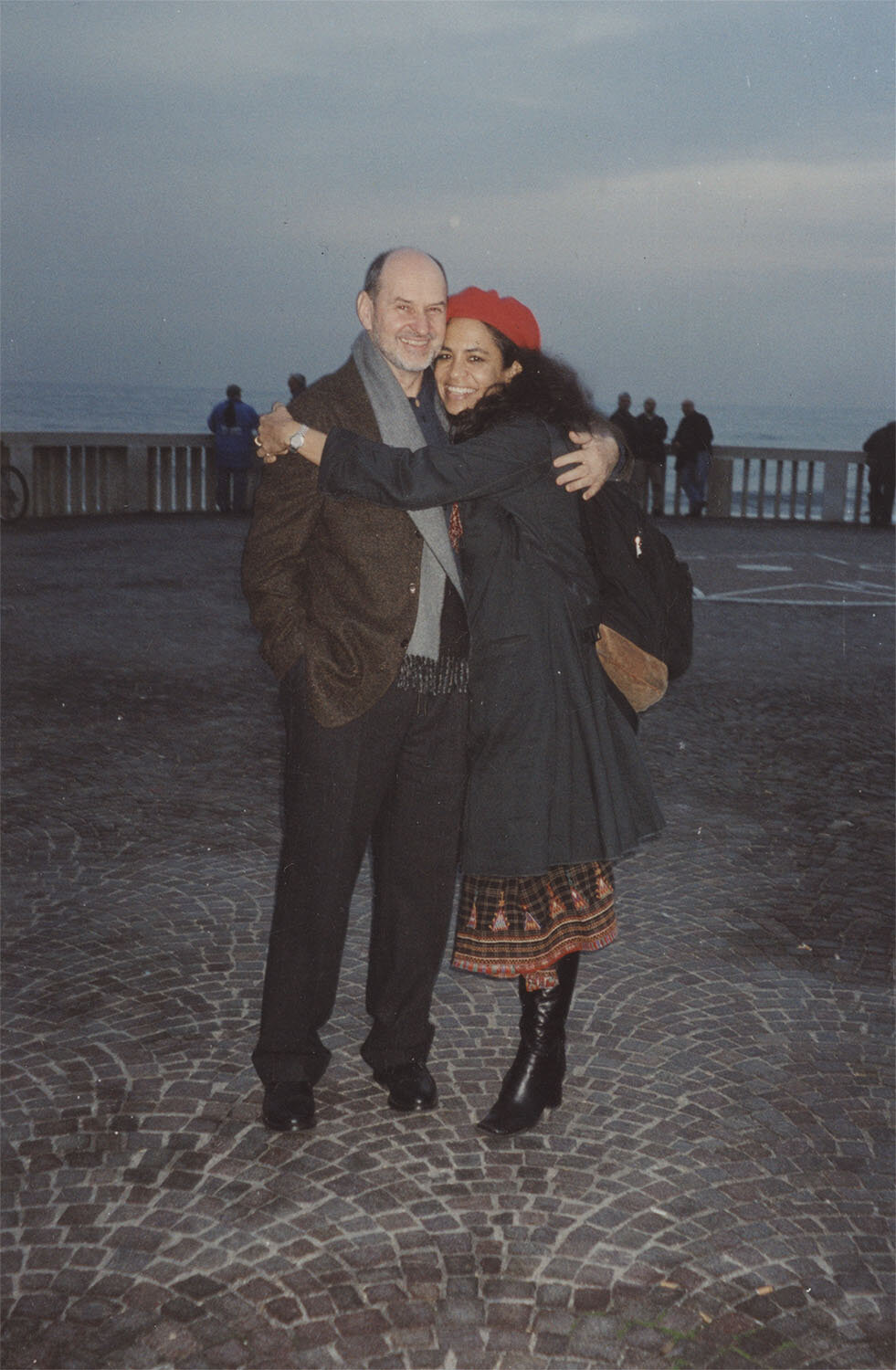
ABOUT
“When I started out I wanted to be a fearless holy fool, like Henry Miller. But I'm not. I'd like to be a confident, disciplined, determined thinker like John Berger. But I'm not. Marquez seemed like a full man, but I'm not that either. But I have been comfortable to consider myself a writer, and I am proud of some of the work. The opportunity to live life once in actuality and again in reflection and re-creation, seems like a blessing accomplished.”
BIOGRAPHY
Roger King was born in Forty Hill, Enfield, on the northern border of London.
His education included a Bsc in Food Science, and MS and PhD degrees in Agricultural Economics.
Following a stay in Mexico and work in a London pub, his first employment was in Nigeria, as a Lecturer/Research Fellow at Ahmadu Bello University.
This was followed by a period on the research faculty of the University of Reading in England that included founding and editing the international periodical, The Rural Development Bulletin. He left that post to write fiction, and later turned down an invitation from Oxford University for the same reason. He went on to combine writing fiction with travel on behalf of UN agencies and international NGOs.
His first novel, Horizontal Hotel, was published by Andre Deutsch in London. The writer Diana Athill was his editor and remained a friend for the rest of her life. That novel drew on his life in Nigeria. His second novel, Written on a Strangers Map, drew on the politics of Sierra Leone, Liberia, and The Gambia. His film adaptation of the novel won a BBC screenplay award, and a residency with the BBC.
He worked in many African countries, and then moved on to work in Asia, in Bangladesh, Pakistan, Western Samoa, Tonga, China, and India, as well as shorter visits to other countries. Where possible he worked alone to be closer to local populations. Typically, his assignments required him to try to understand how rural societies were changing, or might change, under outside pressures, and involved listening closely to people in poor villages. The varied assignments included resettling guerrillas in Zimbabwe, adult literacy and popular participation in multiple countries, livestock farming in Zanzibar, regional change in North-west Frontier, Pakistan, and the decollectivization of agriculture in Inner Mongolia, China.
The Development Game (written as Leonard Frank) was published in Granta magazine, and became a seminal writing in the re-evaluation of international development. It remains in print in The Post-Development Reader (Zed Press).
He moved to the US as a visiting professor of writing in the MFA program of Eastern Washington University, where he taught fiction writing, English literature, and screenwriting. In subsequent years he also taught at the University of New Mexico, and in the MFA Writing Programs of San Francisco State University and Warren Wilson. While teaching at SFSU, he developed the Writers in Danger course in which, working with Amnesty and PEN, graduate students advocated for imprisoned or threatened writers around the world. The course was the subject of an article in Poets and Writers magazine, and was duplicated elsewhere.
His third novel Sea Level was published in the United States by Simon and Schuster. This was followed by A Girl From Zanzibar, which won the Northern California Book Award (then, BABRA). His screenplay adaptation of the book was optioned for film production.
He produced and wrote the documentary films. Still the Children are Here (with Mira Nair and Dinaz Stafford), and Sacred Futures. Both are set in India among the indigenous peoples of the far Northeast.
More recent consultancy work includes Post-conflict planning for Afghanistan for UN agencies, and Global Future Scenarios for the World Bank.
His work has been supported by many fellowships and residencies. These include a Copeland Fellowship in International Economics at Amherst College, eight artist fellowships at the MacDowell Colony, and multiple fellowships at Yaddo and the Virginia Centre for the Creative Arts. International artist fellowships include Fundacion Valparaiso in Spain, and most recently, La Napoule in France.
His current projects are the novels Man Picks Flower, set in London, Brazil and Pakistan, and The Industrial Revolution of Love, which reconsiders the last 250 years of progress in Britain and America. A draft TV pilot, Hotter (with Courtney Cease) is a drama with international climate politics as its subject.
King lives with ME disease, also known as Chronic Fatigue Syndrome, or Post-viral Syndrome. Health, his own and America’s, was the subject of his autobiographical novel, Love and Fatigue in America.
He has found that being on the ocean is the most helpful remedy for ME disease and, a lifelong sailor, he spends summers living on his boat, Iona, usually on the coasts of Maine and Nova Scotia. The remainder of the time he divides between Leverett, Massachusetts, and London.





































